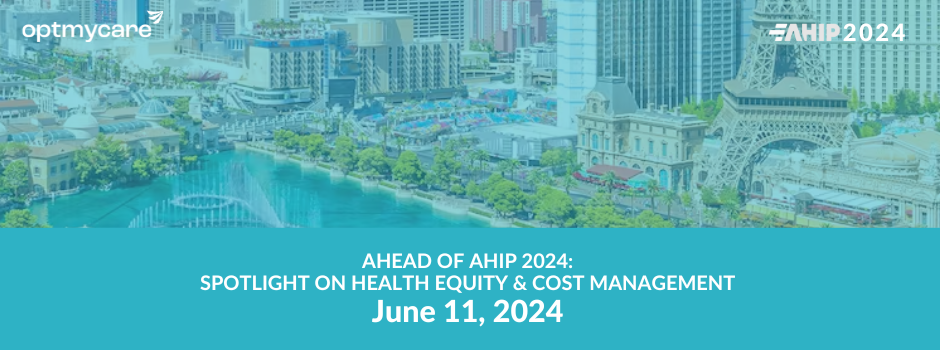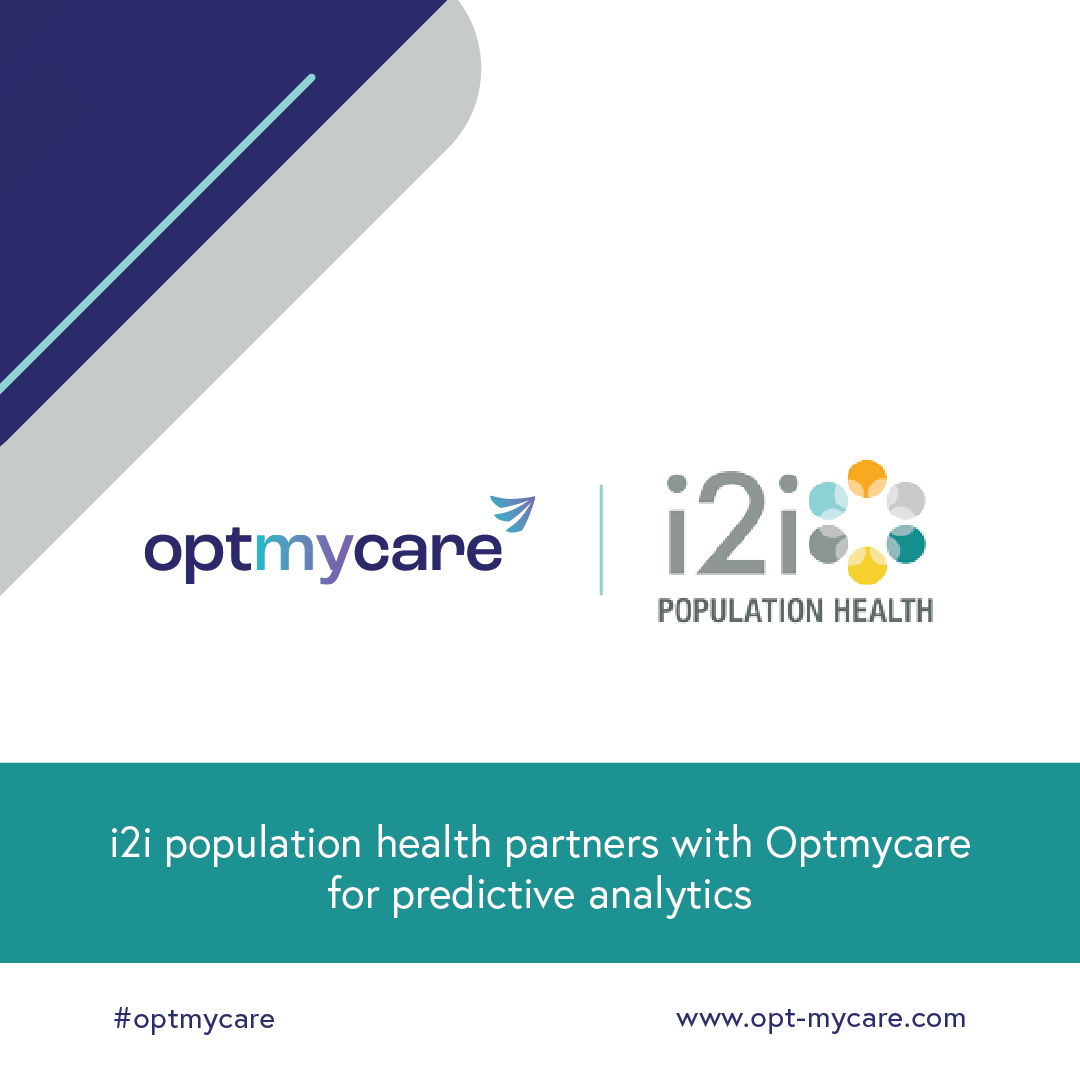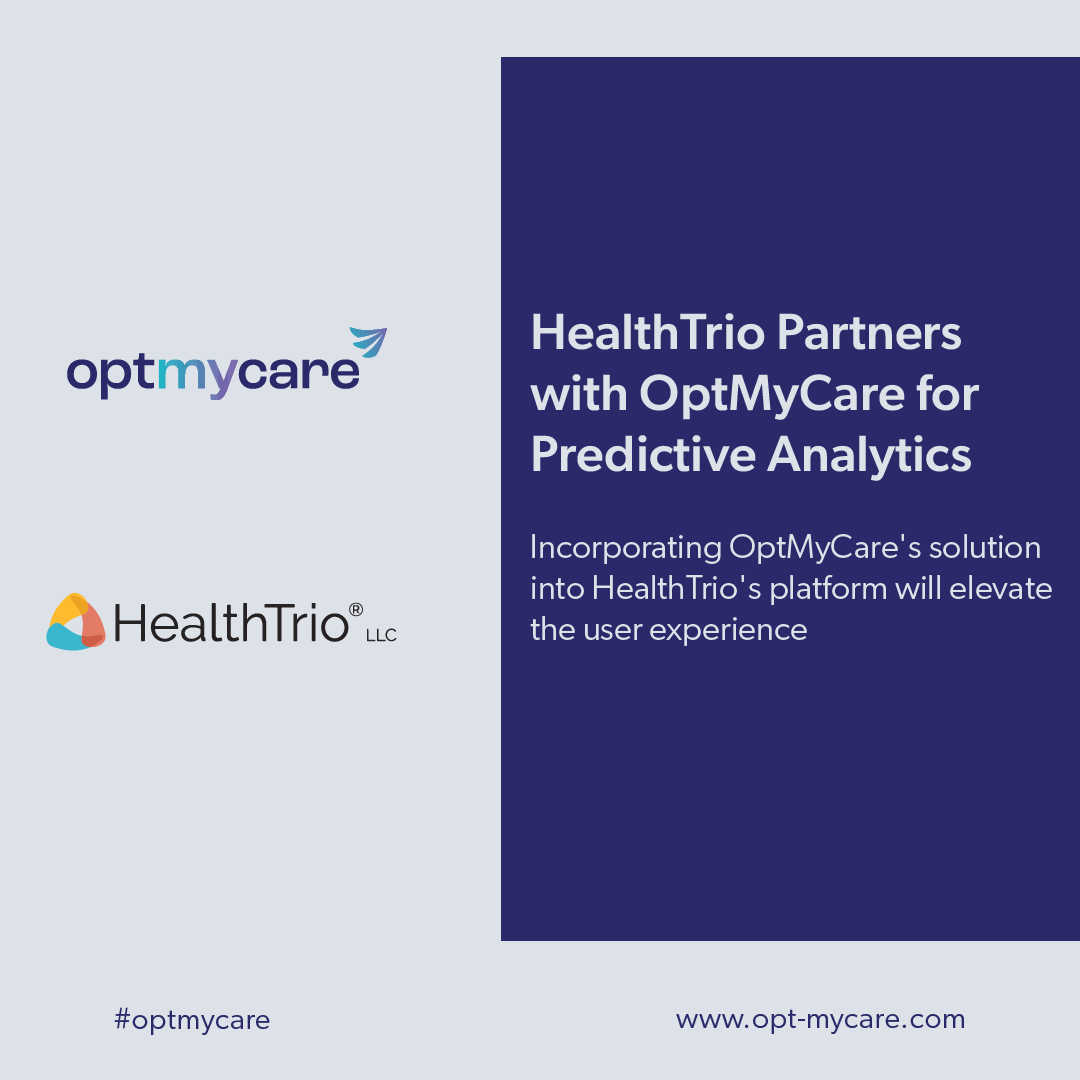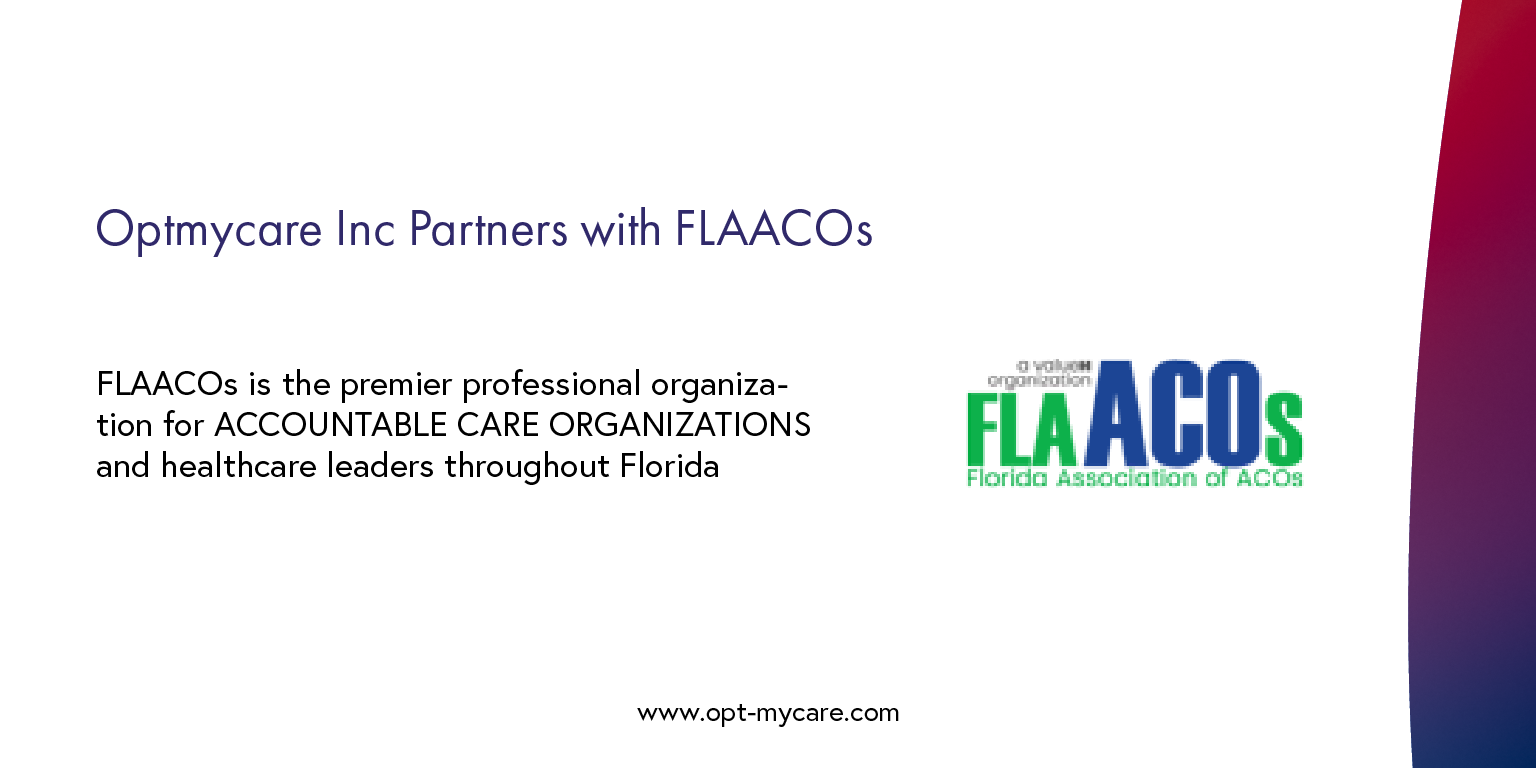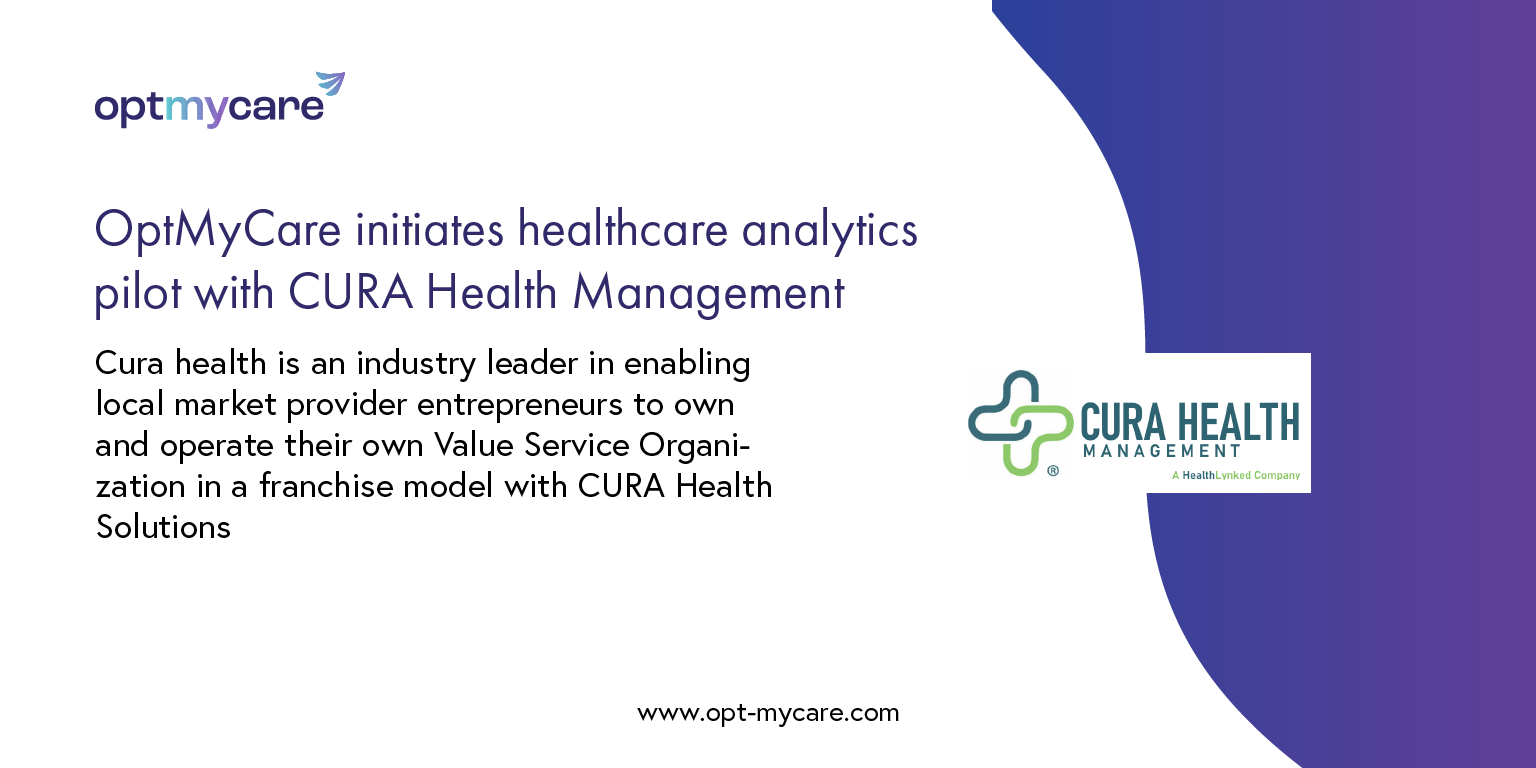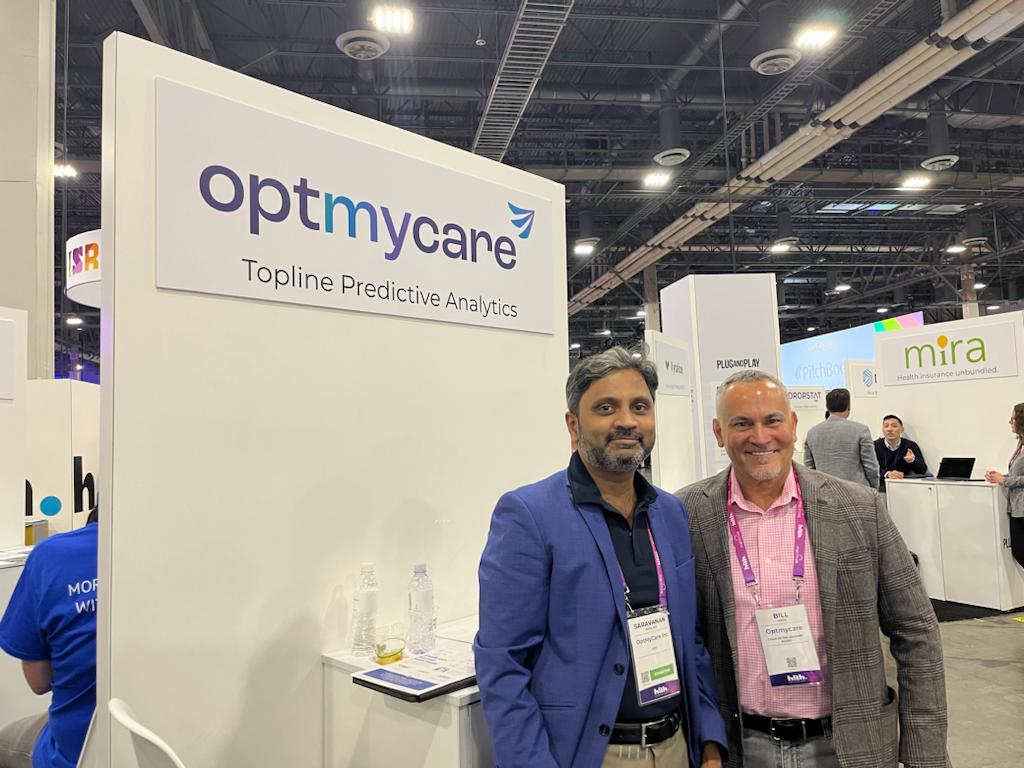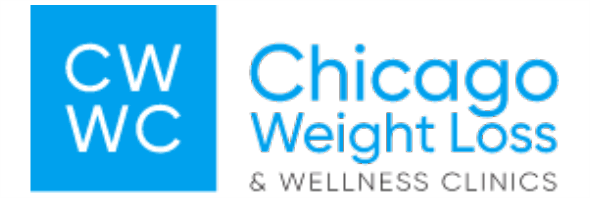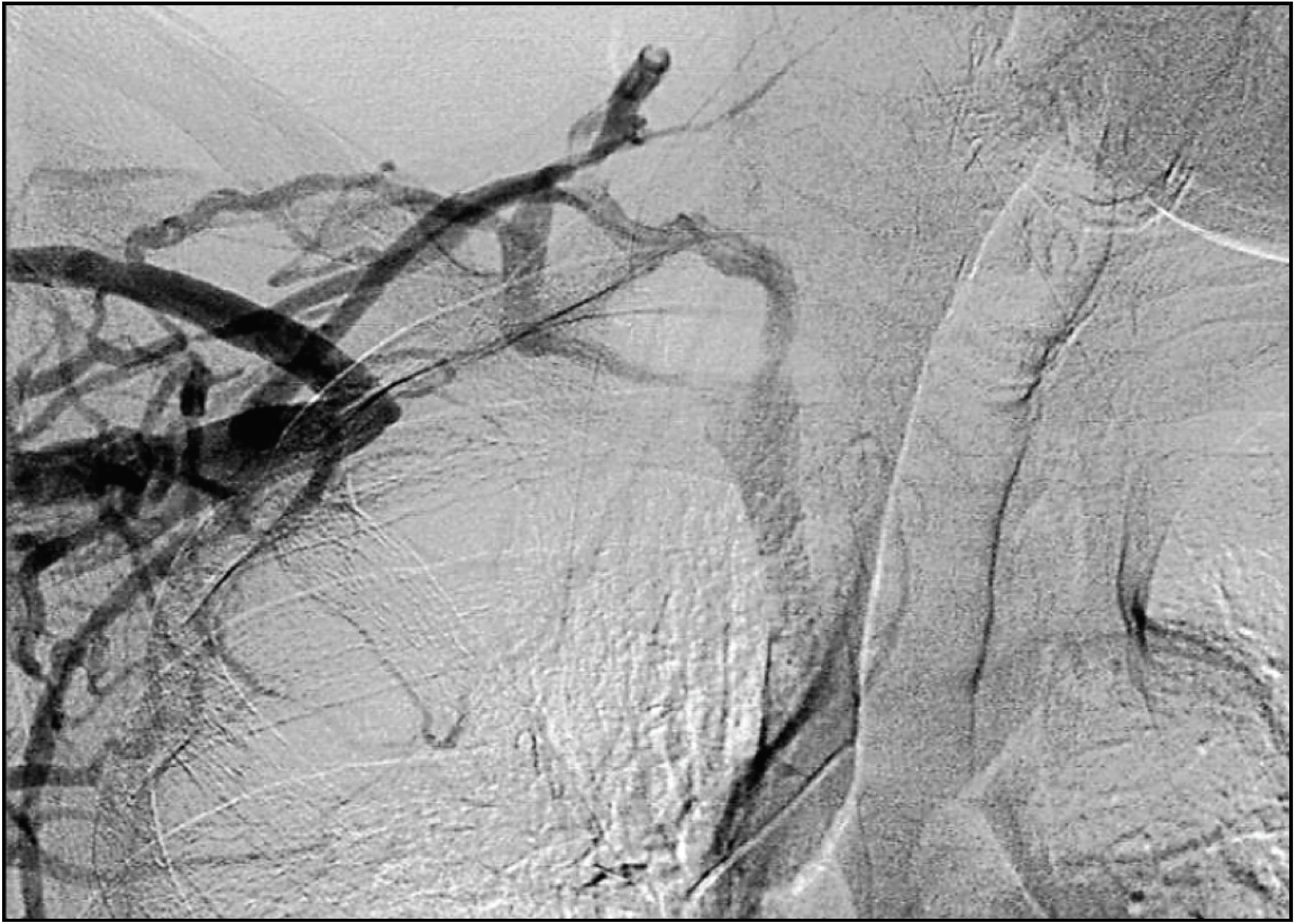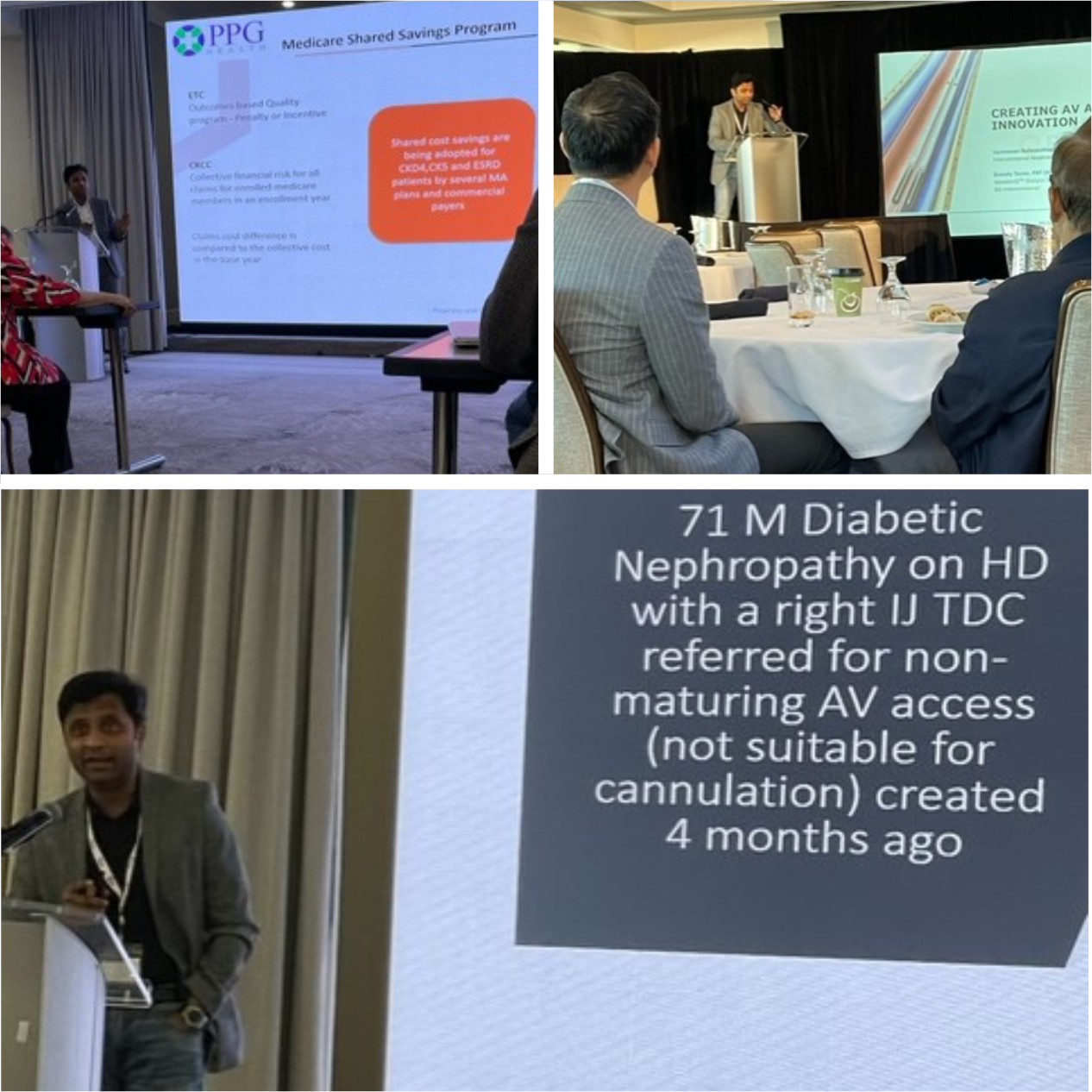As we eagerly anticipate the upcoming AHIP 2024 conference, the excitement is palpable. This premier event offers a unique platform for networking, collaboration, and knowledge sharing among healthcare leaders and innovators. Attendees can look forward to engaging discussions and insightful presentations from esteemed experts, all aimed at driving advancements in healthcare delivery. The conference provides an invaluable opportunity to exchange ideas, explore emerging trends, and forge connections that will foster meaningful improvements in health equity and access to care.
Pathways to Equity: Overcoming Health Access Hurdles
In the context of these themes, consider the case of Maria, a 52-year-old woman residing in a rural community with limited healthcare infrastructure. Maria, diagnosed with diabetes, struggles to access regular medical appointments and essential medications due to transportation barriers and the scarcity of local healthcare providers. Despite her diligent efforts to manage her condition, Maria’s health deteriorates, highlighting the stark disparities in access and care faced by underserved populations.
Maria’s story underscores the pressing need for health plans to adopt proactive measures in identifying and addressing the needs of vulnerable populations like hers. While progress has been made in identifying access and equity issues among member populations, implementing effective interventions remains challenging. Often, services and providers of equal quality are not available in all geographic areas, and there are significant barriers to access, such as the need for patients to travel to other areas for care. Additionally, poor health literacy among some lower-income populations and a lack of understanding about coverage options further complicate efforts to address these disparities.
To effectively bridge these gaps, the entire healthcare system needs to engage in creating meaningful change. Achieving true equitable care requires a near seismic shift in the delivery system. While we can’t tackle everything at once, focusing first on high and emerging risk populations and individuals, and addressing their unique needs in manageable, incremental steps, is a reasonable approach to closing the equity gap. By targeting these populations, health plans can make significant strides toward ensuring equitable access to quality care for all members, regardless of their geographic or socioeconomic circumstances.
OptMyCare’s Role
OptMyCare plays a pivotal role in addressing both health equity and access. Through its advanced analytics and population health management tools, OptMyCare empowers health plans to identify high-risk individuals like Maria, who face significant clinical risks and barriers to accessing essential healthcare services. By leveraging OptMyCare’s innovative solutions, health plans can implement targeted prescriptive interventions and tailored care plans to bridge the gap and ensure equitable access to quality care for members. Additionally, OptMyCare’s data-informed strategies enable health plans to optimize resource allocation and deliver personalized care to those in need, enhancing overall health outcomes and having a greater impact on populations through targeted interventions.
Looking Forward to AHIP 2024
As AHIP 2024 approaches, stakeholders across the healthcare continuum are poised to engage in robust discourse, drawing upon real-world examples like Maria to inform their strategies in advancing health equity and enhancing access to care in an ever-evolving healthcare landscape. The AHIP conference serves as a priority platform for collaboration and innovation within the healthcare industry. It offers an opportunity for stakeholders to exchange insights, share best practices, and explore emerging trends and solutions. As we look forward to AHIP 2024, we remain committed to driving positive change and shaping the future of healthcare delivery.

